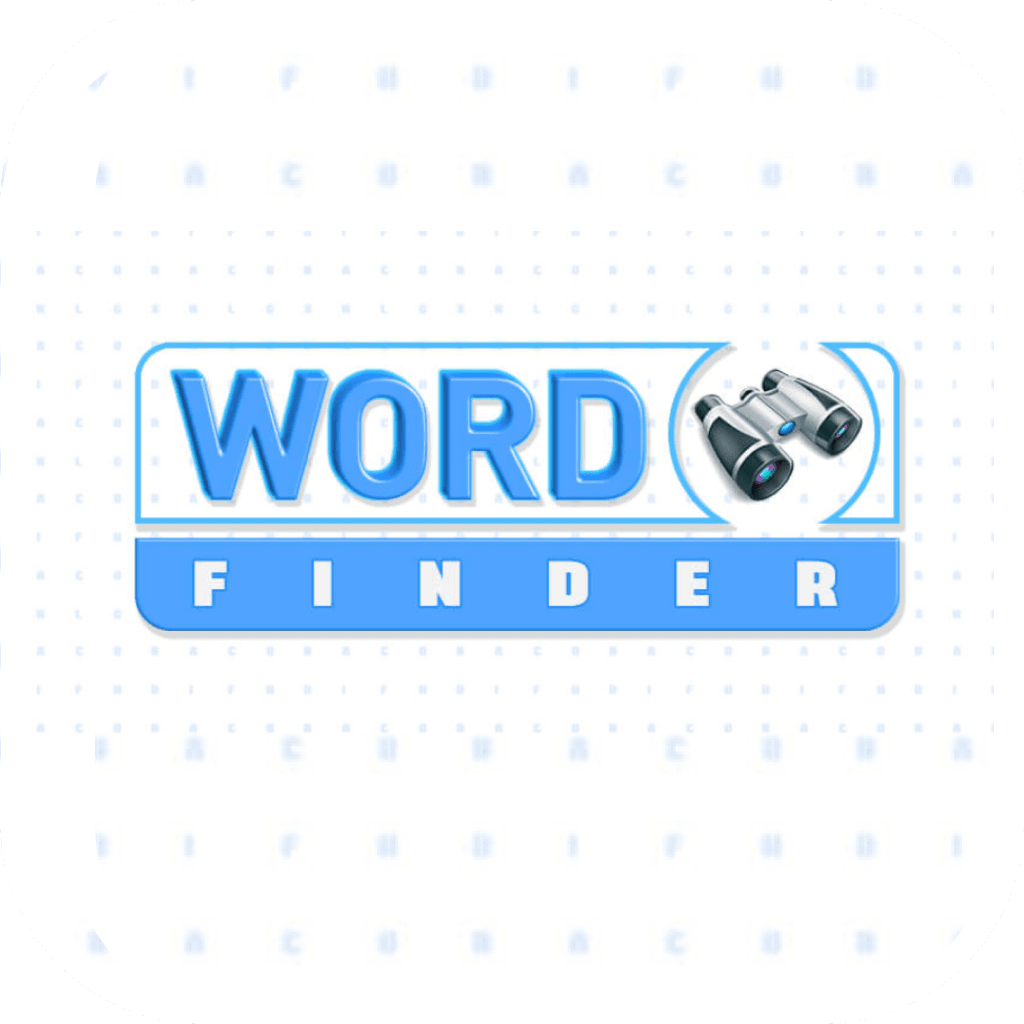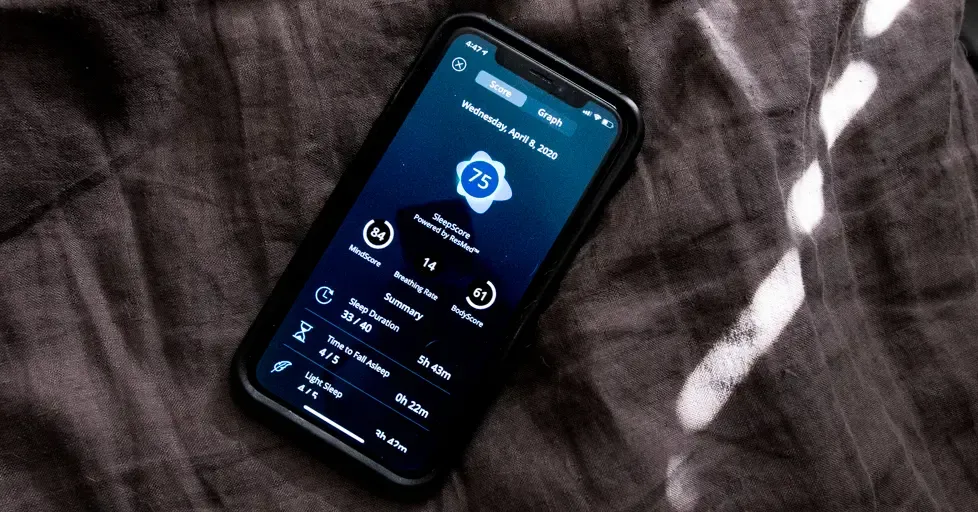

In our quest for better sleep quality and understanding our rest patterns, sleep tracking apps have become invaluable tools. Let’s learn more about this topic below with Word Search as we explore the most effective sleep tracking applications available today.
Modern sleep tracking apps utilize various sensors in smartphones and wearables to monitor sleep patterns. These apps typically measure movement, ambient noise, and sometimes even heart rate to determine sleep stages. They employ sophisticated algorithms to analyze data and provide insights into sleep quality, duration, and patterns. The technology has evolved significantly, offering increasingly accurate readings that rival traditional sleep monitoring methods.
While no app can match the precision of clinical sleep studies, many have proven remarkably accurate for everyday use. These applications can detect when you fall asleep, identify sleep stages, and even pick up on environmental factors that might be affecting your rest. The key lies in consistent use and understanding that the data serves as a general guide rather than medical-grade information.
Sleep Cycle remains one of the most popular sleep tracking apps, and for good reason. After extensive testing, its standout feature is the smart alarm system, which wakes you during your lightest sleep phase within a 30-minute window. The app’s interface is clean and intuitive, making it easy to understand your sleep patterns at a glance. The premium version offers additional insights like weather impact on sleep and long-term trend analysis.
One particularly impressive aspect is its ability to record sleep sounds, helping users identify potential disruptions like snoring or environmental noise. The app also provides detailed sleep quality scores and personalized insights based on your patterns. However, the free version is somewhat limited, and some users might find the subscription cost of $29.99 annually a bit steep.
Designed specifically for Apple devices, Pillow integrates seamlessly with Apple Health and Apple Watch. Its standout feature is the comprehensive sleep stage analysis, breaking down your night into light sleep, deep sleep, and REM phases. The app’s attention to detail is impressive, offering heart rate analysis and sleep quality correlation with daily activities.
The automatic sleep tracking feature works remarkably well, especially when paired with an Apple Watch. Users particularly appreciate the detailed morning sleep analysis, complete with audio recordings and heart rate data. The premium version ($4.99/month) unlocks additional features like sleep notes and nap tracking, making it a worthy investment for serious sleep trackers.
Read more: Best Habit Tracker Apps to Build a Better Routine
AutoSleep takes a different approach by focusing primarily on Apple Watch users. The app excels in automatic tracking, requiring virtually no user input to function. It provides detailed metrics about sleep quality, heart rate, and deep sleep percentage, all presented in an information-rich, albeit somewhat complex, interface.
What sets AutoSleep apart is its comprehensive data analysis and one-time purchase model ($3.99) instead of a subscription. The app’s “sleep bank” feature helps users understand their sleep debt and required recovery time. However, the learning curve might be steep for some users due to the wealth of information presented.
SleepScore distinguishes itself through its science-backed approach and non-contact sleep tracking technology. Using your phone’s microphone and speakers, it measures breathing rate and movement without requiring any wearable device. The app provides detailed sleep stage analysis and personalized recommendations based on your sleep patterns.
The app’s sleep improvement program sets it apart from competitors, offering actionable advice and tracking progress over time. While the premium version ($49.99/year) is expensive, it provides access to a comprehensive sleep improvement program and detailed sleep analysis. The free version still offers valuable insights but limits historical data access.
While not primarily a sleep tracking app, Google Fit’s sleep tracking capabilities deserve mention. It’s completely free and integrates well with various fitness trackers and smartphones. The sleep tracking features are basic but effective, focusing on duration and consistency rather than detailed sleep stage analysis.
The app’s strength lies in its simplicity and integration with other health metrics. While it may not provide the detailed analysis of dedicated sleep apps, it’s an excellent starting point for those new to sleep tracking or those who prefer a more holistic approach to health monitoring.
When selecting a sleep tracking app, consider your specific requirements and device ecosystem. Apple users might prefer Pillow or AutoSleep for their seamless integration, while Android users might find Sleep Cycle or SleepScore more suitable. Consider factors like whether you want to use a wearable device, your budget for premium features, and the level of detail you need in sleep analysis.
Look for apps that offer a free trial period to test their features and user interface. Pay attention to battery drain, as some apps can significantly impact your device’s battery life. Also, consider how much effort you’re willing to put into tracking – some apps require more active user input than others.
To maximize the benefits of sleep tracking apps, consistency is key. Use the app regularly and pay attention to patterns rather than individual nights. Most apps become more accurate over time as they learn your sleep patterns. Take advantage of features like sleep notes and environmental tracking to identify factors affecting your sleep quality.
Remember that sleep tracking apps are tools for improvement, not medical devices. Use the insights they provide to make positive changes to your sleep habits, but consult healthcare professionals for serious sleep concerns. The goal is to understand your sleep patterns better and make informed decisions about your rest.
Read more: Top Mental Health Apps That Actually Work
Sleep tracking apps have evolved into sophisticated tools for understanding and improving our rest. While each app has its strengths, the best choice depends on your specific needs, device ecosystem, and willingness to invest in premium features. Whether you choose the scientific approach of SleepScore, the Apple-focused experience of Pillow, or the simplicity of Google Fit, consistent use and attention to patterns will help you achieve better sleep quality.
Remember that tracking is just the first step – the real value comes from acting on the insights these apps provide. By understanding your sleep patterns and making appropriate lifestyle adjustments, you can work toward achieving the quality rest essential for overall health and well-being.